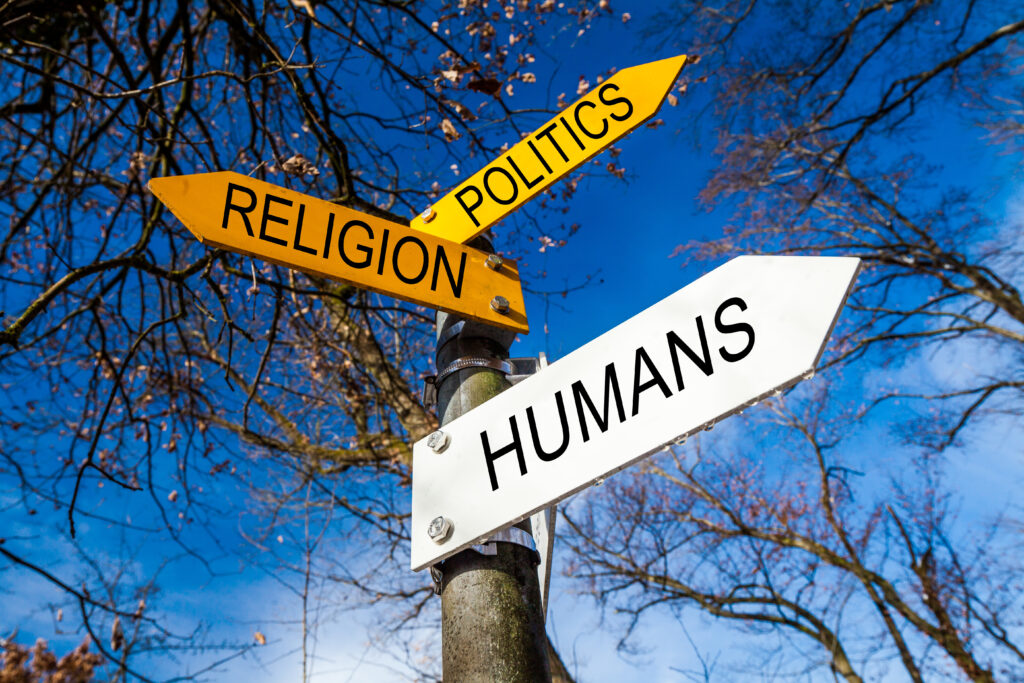
Politics and religion are not relevant to our group, and posts related to these topics will be declined.
We are currently rejecting content from profiles and pages that use politicians or overly political messages in their profile pictures.
After thorough discussions, the admin team, which comprises members with diverse political and religious backgrounds, has decided to prohibit posts on topics that may lead to conflicts among members. Our aim is to maintain a positive and welcoming environment for all members of this group.
Luckily, most of these are fairly easy to spot. Err on the side of caution, and exercise your best, most dispassionate judgement before attempting to post about either topic.
Any content related to partisan politics in general will not be posted, including references to politicians’ names, images, or branding.
Questions regarding rule violations and general comments for the admin team can be posted in the “Information Desk” post, which can be accessed in the Featured section at the top of the main group page.
Prescriptivism in linguistics is a misguided approach that attempts to impose artificial rules and standards on language, stifling its natural evolution and diversity. It is a form of linguistic elitism that seeks to dictate how people should speak and write, often based on outdated norms and biases. Prescriptivists are often wont to ignore the fact that language is a dynamic, constantly changing entity shaped by its users, not by self-appointed gatekeepers. Rigid rules and condemnations of nonstandard usage only serve to marginalize and stigmatize certain groups, perpetuating social inequalities. Moreover, prescriptivism hinders linguistic innovation, creativity, and progress, reducing language to a static, monolithic entity. Here, we reject this authoritarian approach and embrace the beauty of linguistic diversity, allowing language to flourish organically, free from the binding shackles of prescriptive dogma.
Language use is a complex and multifaceted aspect of human identity, particularly for transgender and non-binary individuals. It acknowledges that trans people’s linguistic choices, such as pronouns, names, and language patterns, are integral to their self-expression and identity. Inclusive linguistic observation prioritizes respecting and affirming individuals’ self-identified language preferences, rather than making assumptions based on perceived gender or past language use. This approach also recognizes the diversity of language use within trans communities, avoiding simplistic or stereotypical assumptions. By learning from trans experiences, linguists can gain a deeper understanding of the intricate relationships between language, identity, and power, ultimately promoting a more inclusive and equitable linguistic landscape.
Questions regarding rule violations and general comments for the admin team can be posted in the “Information Desk” post, which can be accessed in the Featured section at the top of the main group page.
Subscribe to our newsletter: